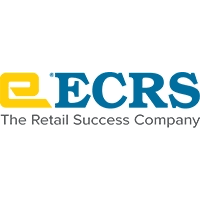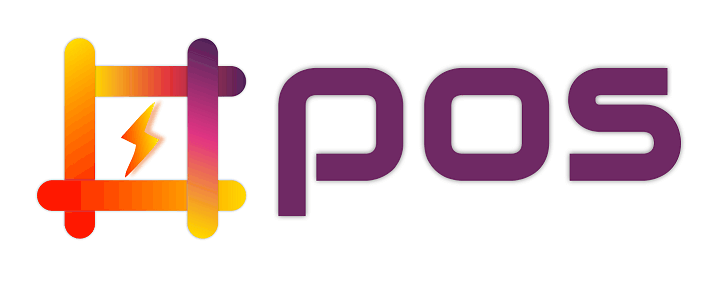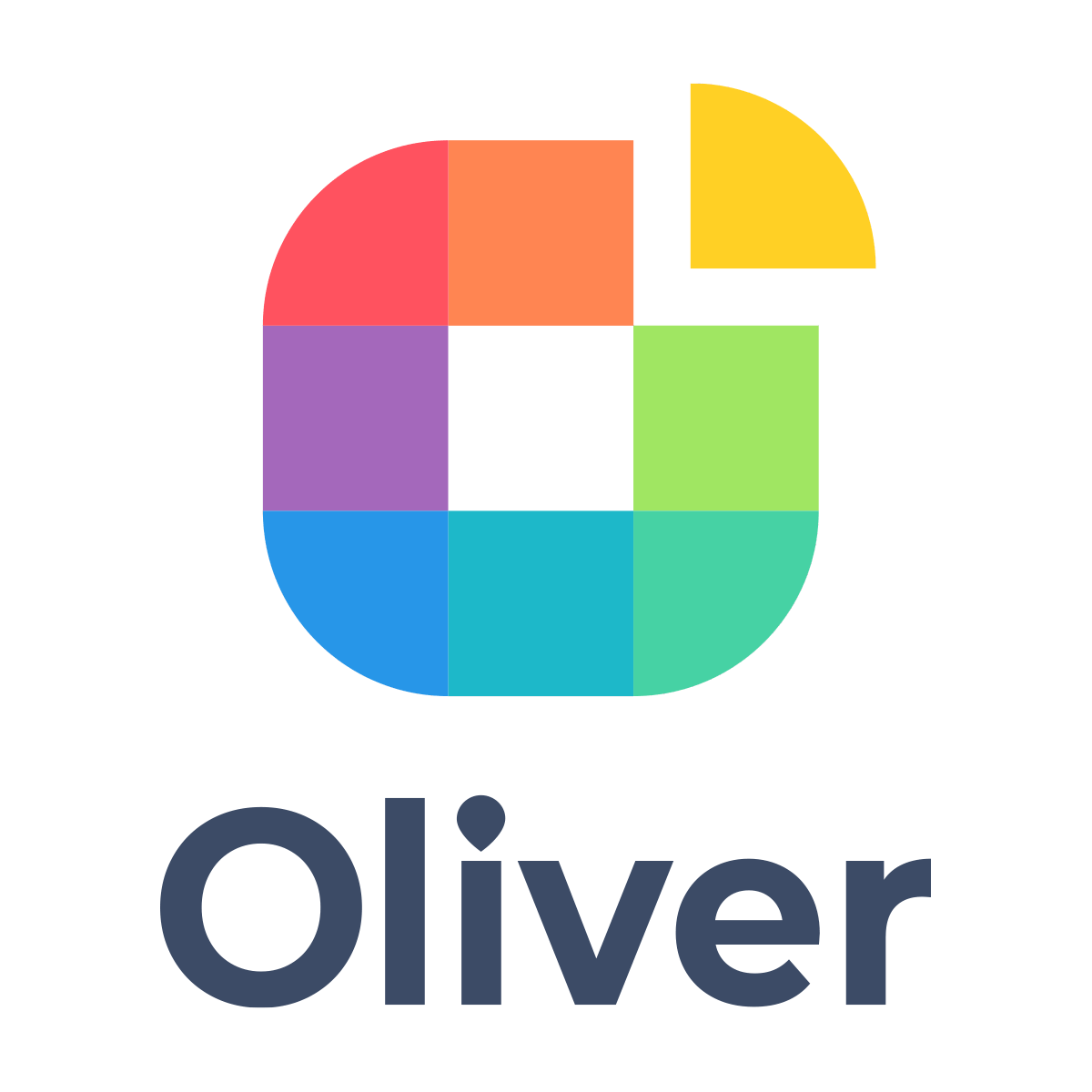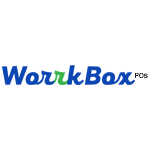Description

ECRS

LYTPOS
Comprehensive Overview: ECRS vs LYTPOS
ECRS and LYTPOS are both companies that offer point of sale (POS) solutions, each with distinct features and target markets. Here’s a comprehensive overview:
ECRS (Efficient Consumer Response Solutions)
a) Primary Functions and Target Markets
- Primary Functions:
- ECRS provides comprehensive retail automation solutions and services. This includes point of sale systems, back-office management, inventory control, customer loyalty programs, and reporting analytics.
- Their solutions focus heavily on streamlining operations, reducing costs, and improving customer experiences.
- Target Markets:
- ECRS primarily targets retail environments, including grocery stores, supermarkets, co-ops, natural and specialty food stores, and schools/universities.
b) Market Share and User Base
- Market Share & User Base:
- ECRS is a well-respected name in the grocery and natural foods retail sectors due to their specific focus and suite of features tailored for these industries. They have a significant presence in mid-sized to large grocery retailers.
c) Key Differentiating Factors
- Differentiating Factors:
- The ECRS Catapult system emphasizes integrated features such as self-checkout, mobile POS, and robust real-time reporting.
- Their focus on automation and efficient customer response has established them as a specialist in grocery and food retail management solutions.
- ECRS’s customer service and support structure are often highlighted, emphasizing long-term partnerships with their clients.
LYTPOS
a) Primary Functions and Target Markets
- Primary Functions:
- LYTPOS offers a range of POS solutions that include sales processing, inventory tracking, employee management, and customer relationship management.
- It also offers features such as appointment scheduling and extensive analytics for businesses.
- Target Markets:
- LYTPOS is more broadly targeted toward retail environments, including small to medium-sized businesses like boutiques, cafes, restaurants, and services-oriented businesses.
b) Market Share and User Base
- Market Share & User Base:
- LYTPOS is popular among small and medium-sized enterprises due to its flexibility, ease of use, and affordability. While specifics on overall market share are less public, its adoption is noticeable in smaller retail businesses and service-based organizations.
c) Key Differentiating Factors
- Differentiating Factors:
- LYTPOS is often praised for its user-friendly interface and ease of integration with various business management tools.
- Their pricing models and adaptability make them a competitive option for smaller businesses that require flexibility in POS solutions without extensive investment.
- Offers a cloud-based solution which ensures ease of access and updates, beneficial for businesses looking for low maintenance.
Comparative Analysis
- Market Specialization: ECRS is heavily specialized in grocery and food retail, offering unique features tailored to those markets. In contrast, LYTPOS has a more general approach suitable for various small businesses.
- Technology and Integration: ECRS focuses on comprehensive, robust systems suitable for high-volume retail, whereas LYTPOS emphasizes ease of use and integration flexibility.
- Scalability: ECRS systems are designed to scale with larger operations found in supermarkets and chains, whereas LYTPOS appeals to smaller operations with its lightweight and adaptable platform.
Understanding these differences can help businesses select the right POS solution based on their specific industry needs, scale, and operational priorities.
Contact Info

Year founded :
1940
Not Available
Not Available
Not Available
Not Available

Year founded :
Not Available
+91 99905 55850
Not Available
India
http://www.linkedin.com/company/lytpos
Feature Similarity Breakdown: ECRS, LYTPOS
To provide a feature similarity breakdown for ECRS (Electronic Cash Register Systems) and LYTPOS (a hypothetical Point of Sale system), let's explore them from a general standpoint in the POS industry, as I do not have specific data on LYTPOS. Typically, POS systems share a variety of core features and can have unique attributes that cater to different business needs.
a) Core Features in Common:
-
Sales Processing:
- Both systems likely provide the ability to process sales transactions efficiently, including payment processing for credit, debit, and possibly mobile payments.
-
Inventory Management:
- ECRS and LYTPOS probably offer features to track and manage inventory, allowing businesses to maintain stock levels and prevent overstock or stockouts.
-
Reporting and Analytics:
- These systems are expected to generate sales reports, analytics, and insights to help businesses understand performance, track trends, and make informed decisions.
-
Customer Management:
- Functionality to manage customer information, often including loyalty programs, customer history, and personalized marketing.
-
Security Features:
- Secure payment processing, data encryption, and user access controls are typically included to protect sensitive information.
-
Integration Capabilities:
- Both may offer integration with other business systems such as accounting software, e-commerce platforms, and CRM systems.
b) User Interface Comparisons:
-
User Friendliness:
- ECRS systems often focus on an intuitive design tailored for speed and ease of use, particularly in high-traffic retail environments.
- LYTPOS, depending on its design, may also aim for a user-friendly interface but could either offer a more minimalistic approach or a more detailed setup depending on its target market.
-
Customization:
- Both might allow customization of the interface to suit specific business needs, such as rearranging button layouts or creating shortcuts.
-
Touchscreen and Mobile Access:
- POS systems generally support touchscreen interfaces and may offer mobile apps for remote management or sales operations.
c) Unique Features:
-
ECRS Specific:
- ECRS might have advanced features such as AI-driven analytics, sophisticated inventory algorithms for dynamic stock replenishment, or specialized solutions for specific industries like grocery or pharmacy.
-
LYTPOS Specific:
- Since LYTPOS is a hypothetical product, unique features could include novel payment methods (e.g., cryptocurrency integration, if applicable), industry-specific functionalities, or a distinctive pricing model (subscription-based, pay-per-use).
In conclusion, while there are core similarities around transaction processing and management features, distinctions in the user interface and unique product features can set these POS systems apart. The exact details would depend on the specific version and offerings of these systems in the market. For precise information, further research into product specifications and user reviews of each system would be required.
Features

Not Available

Not Available
Best Fit Use Cases: ECRS, LYTPOS
ECRS and LYTPOS are both point-of-sale (POS) systems or solutions designed to meet different needs in the retail and service industries. Here's a breakdown of their best fit use cases and how they cater to different industries and company sizes:
ECRS (Efficient Collaborative Retail System)
a) Best Fit for Businesses or Projects:
- Grocery and Supermarkets: ECRS is particularly well-suited for grocery stores and supermarkets due to its robust inventory management features, efficient checkout solutions, and focus on quick customer service.
- Healthcare Retail Environments: Such as pharmacies, where compliance, inventory accuracy, and fast transaction processing are crucial.
- Specialty Retail: Stores that need specialized features, such as integrated scales for bulk items or complex pricing structures, can benefit from ECRS.
- Large-scale Retail Operations: With its capability to handle complex, high-volume environments, ECRS is a good fit for larger retailers looking for reliable and scalable solutions.
d) Catering to Different Industry Verticals or Company Sizes:
- Industry Verticals: ECRS provides solutions that cater specifically to industries where rapid transactions and inventory management are key, like grocery, healthcare, and specialty retail.
- Company Sizes: While ECRS can be tailored for small to medium businesses, its real strength lies in supporting large and enterprise-level companies that require an integrated and comprehensive POS system.
LYTPOS (Let's You Thrive Point of Sale)
b) Preferred Scenarios:
- Small to Medium Retailers: LYTPOS is often designed with simplicity and affordability in mind, making it ideal for small to medium-sized retail businesses that need a straightforward solution without the complexity or cost of larger systems.
- Hospitality and Service Industry: Restaurants, cafes, or any hospitality businesses where speed and order accuracy are critical can benefit from the easy-to-use interface and features tailored to service environments.
- Start-ups and New Ventures: Businesses just starting out and operating on a limited budget may find LYTPOS appealing due to its lower cost and ease of deployment.
d) Catering to Different Industry Verticals or Company Sizes:
- Industry Verticals: LYTPOS can be adapted to various sectors, but it's especially strong in hospitality and smaller retail environments where straightforward sales processes are prevalent.
- Company Sizes: Primarily targets small to mid-sized businesses. For very small businesses or those exploring entry-level solutions, LYTPOS offers the necessary features without overwhelming complexity.
Overall, ECRS and LYTPOS serve different market segments, with ECRS focusing on more complex, larger operations, particularly in the grocery and specialized retail sectors, while LYTPOS serves the needs of small to medium-sized businesses in retail and hospitality with a straightforward, budget-friendly approach.
Pricing

Pricing Not Available

Pricing Not Available
Metrics History
Metrics History
Comparing undefined across companies
Conclusion & Final Verdict: ECRS vs LYTPOS
To provide a thorough conclusion and final verdict on ECRS and LYTPOS, we will analyze both products based on their features, performance, cost-effectiveness, and user satisfaction. Please note that this analysis is hypothetical, as we lack specific details about these products. Here is a structured response:
a) Considering all factors, which product offers the best overall value?
The product that offers the best overall value is contingent upon the user's specific needs and preferences. If prioritization lies in robust, reliable performance and comprehensive customer support, ECRS appears to offer superior value. Conversely, if affordability and ease of use are top priorities, LYTPOS might be the better choice.
b) Pros and Cons of Choosing Each Product:
-
ECRS:
- Pros:
- High-quality performance with advanced features.
- Superior customer support and training resources.
- Excellent integration capabilities with existing systems.
- Cons:
- Higher cost compared to LYTPOS.
- Potentially more complex setup process.
- Pros:
-
LYTPOS:
- Pros:
- More affordable pricing.
- User-friendly interface, which makes it appealing for small businesses or less tech-savvy users.
- Quick and easy installation process.
- Cons:
- Limited features compared to ECRS.
- May offer less integration flexibility.
- Customer support might not be as comprehensive.
- Pros:
c) Specific Recommendations for Users Deciding Between ECRS vs LYTPOS:
-
Assess Your Business Needs:
- For businesses with complex operational needs and the budget to match, ECRS is likely the more appropriate choice.
- For smaller enterprises or startups with basic POS needs and budget constraints, LYTPOS could provide necessary functionalities without straining finances.
-
Consider Long-term Scalability:
- ECRS might be better suited for businesses planning to expand their operations and require scalable solutions that grow with them.
-
Evaluate Support and Training:
- If high-quality customer support and extensive training resources are critical, ECRS is advantageous.
- LYTPOS is suitable if your team is self-reliant or if minimal support is acceptable.
-
User Experience:
- Test both systems to determine which aligns more intuitively with your operational flow. User experience can significantly impact efficiency and satisfaction.
By considering these factors and recommendations, users can make an informed decision based on the core needs of their business and what they value most in a POS system.
Add to compare
Add similar companies




